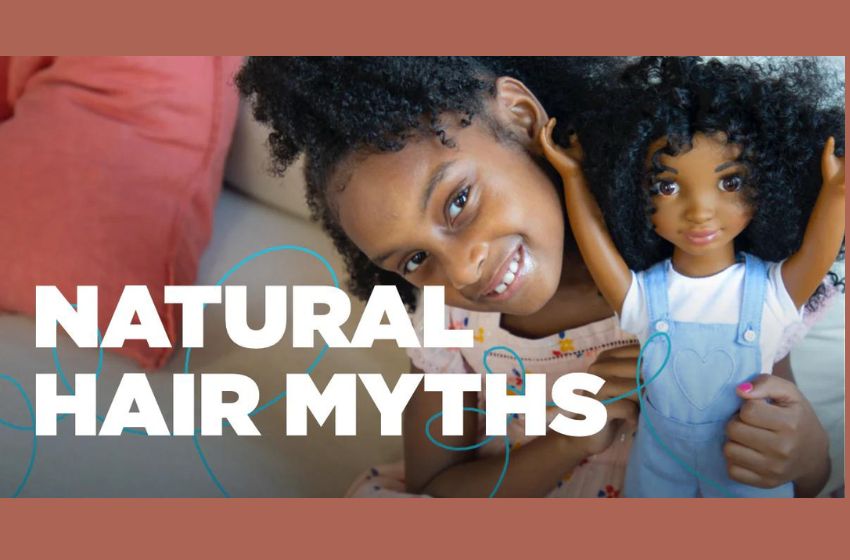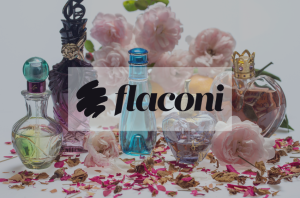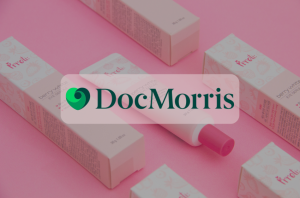
Introduction to Natural Hair Myths
Natural hair has been gaining popularity in recent years, with more and more people embracing their curls, coils, and kinks. However, with this rise in natural hair acceptance comes a plethora of myths and misconceptions surrounding caring for and styling natural hair. These myths often stem from years of societal pressure to conform to Eurocentric beauty standards that prioritize straight hair.
In this section, we will uncover the truth behind some of the most common natural hair myths and debunk them once and for all. By understanding the facts about natural hair care, you can make informed decisions about your own hair journey and embrace your unique texture without succumbing to false beliefs.

Myth 1: Natural Hair Doesn't Grow as Fast or Long as Relaxed Hair
Myth 1: Natural Hair Doesn't Grow as Fast or Long as Relaxed Hair
There is a common misconception that natural hair does not grow as fast or long as relaxed hair. This belief often stems from the idea that relaxed hair appears longer due to its straightened texture. However, this is far from the truth.
Firstly, it's important to understand that all hair grows at an average rate of about half an inch per month, regardless of its texture. This growth rate is determined by genetics and cannot be altered by any external factors.
Secondly, the perception of length has a lot to do with shrinkage. Natural curly and coily hair types tend to shrink up significantly, giving the illusion of shorter hair. On the other hand, relaxed hair typically has looser curls or is completely straightened, making it appear longer than it actually is.
Another factor that contributes to this myth is the common practice of excessive heat styling and chemical treatments on relaxed hair. These harsh processes can lead to breakage and damage, causing the appearance of slower growth and shorter length. In contrast, natural hair tends to be stronger and more resilient due to its natural texture and lack of chemical processing.
Furthermore, there are various factors that can affect overall hair health and growth rate for both natural and relaxed hair types. These include diet, stress levels, hormonal changes, medication use, and genetics.
Myth 2: You Can't Wash Your Natural Hair Frequently
Many people believe that washing natural hair frequently can cause damage and dryness. This myth has been perpetuated for years, causing confusion and fear among those with curly, coily, or kinky hair textures. However, the truth is that regular washing of natural hair is essential for its health and overall appearance.
Firstly, let's debunk the idea that frequent washing strips your hair of its natural oils. While it is true that our scalp produces oils that keep our hair moisturized, these oils do not penetrate to the ends of our strands. This means that even if you skip a few days between washes, your ends will still suffer from dryness. In fact, regular washing helps distribute these natural oils throughout your hair, promoting moisture retention from root to tip.
Furthermore, not all shampoos are created equal. Many people tend to use harsh sulfate-based shampoos on their natural hair which can indeed strip it of its moisture and lead to breakage. However, there are now many gentle and sulfate-free cleansers specifically formulated for different natural hair types. These cleansers effectively remove dirt and buildup without stripping your strands of essential oils.
Myth 3: Oil is the Key to Healthy Natural Hair
When it comes to natural hair care, there are a lot of myths and misconceptions floating around. One common myth that many people believe is that oil is the key to achieving healthy natural hair. This belief stems from the idea that oils can moisturize and nourish the hair, leading to stronger and healthier strands. However, this myth needs to be debunked as using too much oil on your natural hair can actually do more harm than good.
Firstly, let's understand what oils really do for our hair. Oils are primarily used for sealing in moisture on our strands, which means they act as a barrier between our hair and the outside environment. This helps prevent moisture loss and keeps our strands hydrated. While this may sound like a great thing for natural hair, it's important to remember that our scalp already produces its own natural oils called sebum.
Sebum is essential in keeping our scalp and hair moisturized. When we constantly add more oil onto our scalp and strands, we disrupt the balance of sebum production and can even clog pores on the scalp. This can lead to issues such as excess buildup, dandruff, and even slowed down hair growth.
Myth 4: You Can't Straighten Your Natural Hair Without Damage
One of the most common myths about natural hair is that it cannot be straightened without causing damage. This belief stems from the misconception that using heat on curly or coily hair will automatically lead to breakage and split ends. However, this myth is not entirely true.
Firstly, it's important to understand that all hair types, whether natural or chemically treated, are susceptible to damage when exposed to high levels of heat. This means that even if you have straight hair, using too much heat can cause harm. Therefore, it's crucial to always use heat styling tools in moderation and with proper precautions.
Secondly, the key to straightening natural hair without damage lies in using the right techniques and products. Many people make the mistake of using harsh chemicals or excessive heat on their natural hair in an attempt to achieve a sleek look. This can lead to dryness, breakage and irreversible damage.

Myth 5: Protective Styles are the Only Way to Grow Long Natural Hair
There is a common misconception that protective styles are the only way to grow long, healthy natural hair. While it is true that protective styles can help retain length and protect your hair from damage, they are not the only factor in achieving long and healthy natural hair. In fact, relying solely on protective styles can actually hinder your hair growth journey.
Protective styles such as braids, twists, buns, and wigs have become increasingly popular within the natural hair community. They involve tucking away the ends of your hair to prevent them from being exposed to harsh environmental elements or daily manipulation. This can be beneficial for those with fragile or damaged hair who need a break from constant styling. However, it is important to remember that these styles should not be relied upon as the only means of growing long natural hair.
One major reason why protective styling alone may not be enough for healthy hair growth is because every person's hair type and texture is unique. What may work for one individual may not necessarily work for another. Some people's strands are more prone to breakage and require extra care and attention, while others have stronger strands that can withstand regular styling without significant damage.
Myth 6: All Natural Products are Good for
There is a common belief that all natural hair products are automatically better for your hair than their synthetic counterparts. While it is true that many natural ingredients have beneficial properties for our hair, this does not mean that every product labeled as "all natural" is automatically good for us.
In fact, the term "natural" can be quite misleading in the beauty industry. Unlike food products, there is no official regulation or standard for labeling something as "natural." This means that companies can use this label liberally, even if their product contains only a small amount of natural ingredients and is mostly made up of synthetic chemicals.
Additionally, just because an ingredient comes from a natural source does not mean it is automatically safe and effective for your hair. For example, lemon juice may seem like a great natural option for lightening your hair, but its high acidity level can actually damage your strands and scalp.


